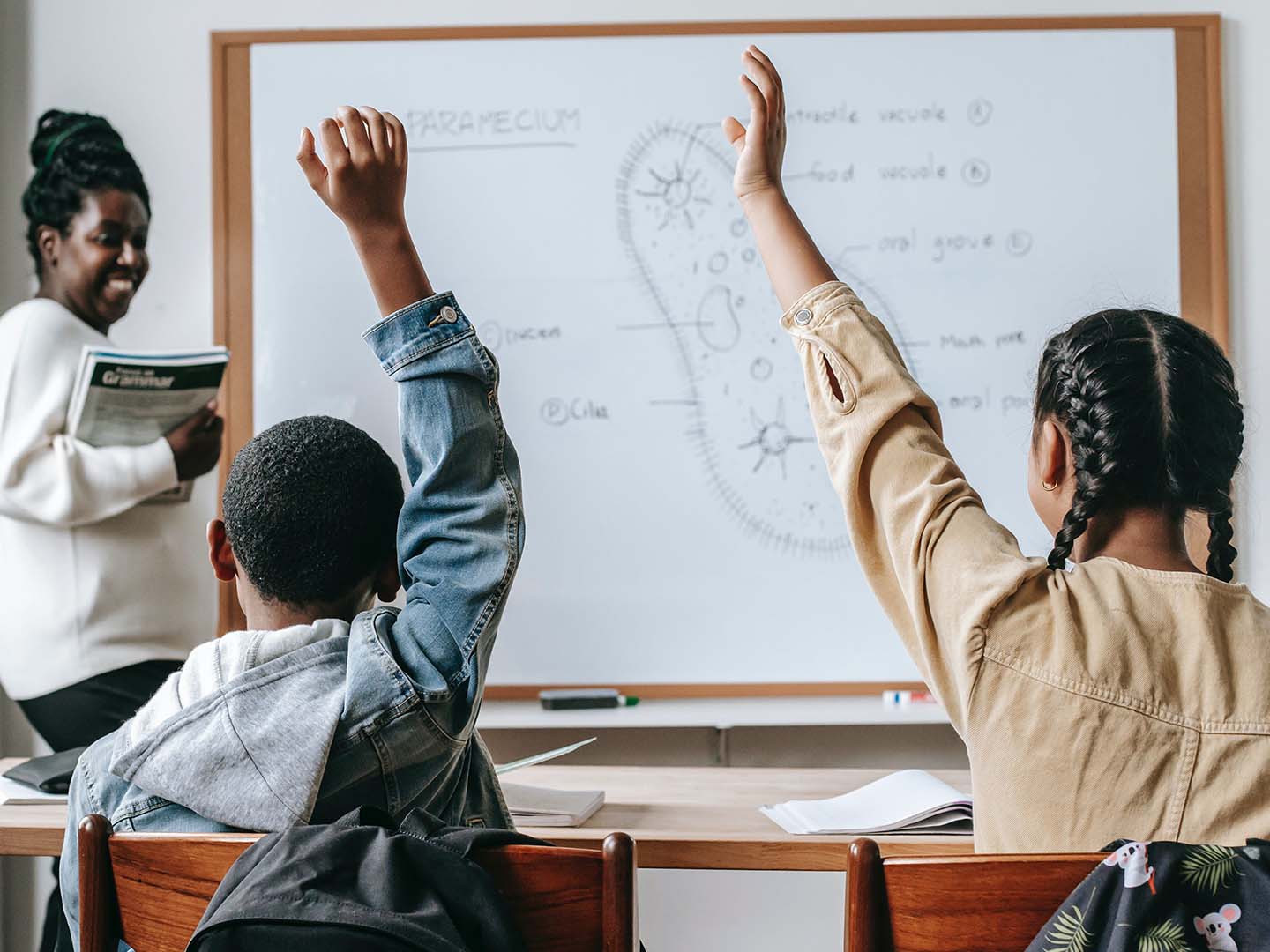With increasing cultural and linguistic diversity in schools across Texas, many educators are challenged with creating meaningful connections between school science lessons and a student’s lived experiences outside of the classroom. A new federally funded research project at the University of Houston College of Education may soon lead to middle school students having better chances at overcoming some of those barriers to success.
In a program called RESET – Relevant Experiences in Science Education through Translanguaging – researchers are retooling science lessons with an emphasis on emergent bilingual middle school students. In other words, they focus on students in grades 6-8 who are learning English at school while remaining immersed in their family’s language and culture at home.

The RESET program retools science lessons to honor the needs of middle school students struggling to learn English at school while being immersed in their family’s language and culture at home.
Photo: Katerina Homes / Pexels
“We focus on those grade levels because the middle school years are often when students start to feel the spark of inspiration in science classrooms. Our goal is to lift the language and cultural barriers that might dampen that joy of discovery for certain students,” said Jie Zhang, associate professor of bilingual/ESL education and principal investigator of the research project.
The series of studies, a collaboration of the UH College of Education and Alief Independent School District, where 44% of the student population are emergent bilinguals, is funded over its four years by a $1.9 million grant from the National Science Foundation’s Discovery Research PreK-12 program. The DRK-12 program seeks to significantly enhance the learning and teaching of science, technology, engineering, mathematics and computer science (STEM) by preK-12 students and teachers, through research and development of STEM education innovations and approaches.
“Our project unites faculty from two programs in the UH College of Education – bilingual education and science education – to work elbow-to-elbow with teachers in redesigning science lessons that connect with students’ everyday lives and culture. The whole class, emergent bilingual students and others, will better understand how science and engineering matter in everyday lives,” said Alberto J. Rodriguez, UH distinguished professor and co‑principal investigator for the project.
Instead of a traditional science class with a teacher stating facts, the RESET curricula are driven by middle schoolers’ yearn for investigation and their curiosity about STEM careers they can envision for their future. The study will evaluate the impact on students, as well as if and how the co-designed science lessons impact teaching and productive collaboration within the schools.
“The theory-based and field-tested curricula developed over this four-year journey will integrate students’ home languages and cultures to make science an active learning experience,” said Sissy Wong, associate professor of science education and a co‑principal investigator on the project.
The lessons developed by the team will be shared with fellow researchers and school districts interested in adapting them into their teachers’ professional development programs. Joining UH’s Zhang, Rodriguez and Wong on the research team is Professor May Jadallah of Illinois State University.
To fulfill the University’s obligation to the city and the state, President Renu Khator has made it a strategic priority to double UH’s research output, with a goal of increasing National Science Foundation-reported research expenditures to $400 million per year.
“We’re so pleased to receive NSF’s support on this critically important project,” said Jason Smith, UH vice president of government and community relations. “Large-scale federal funding of this magnitude serves to affirm UH research on the national stage, and further, instills in the minds of our federal lawmakers that great things are happening on our campus and in our communities thanks to the University of Houston.”